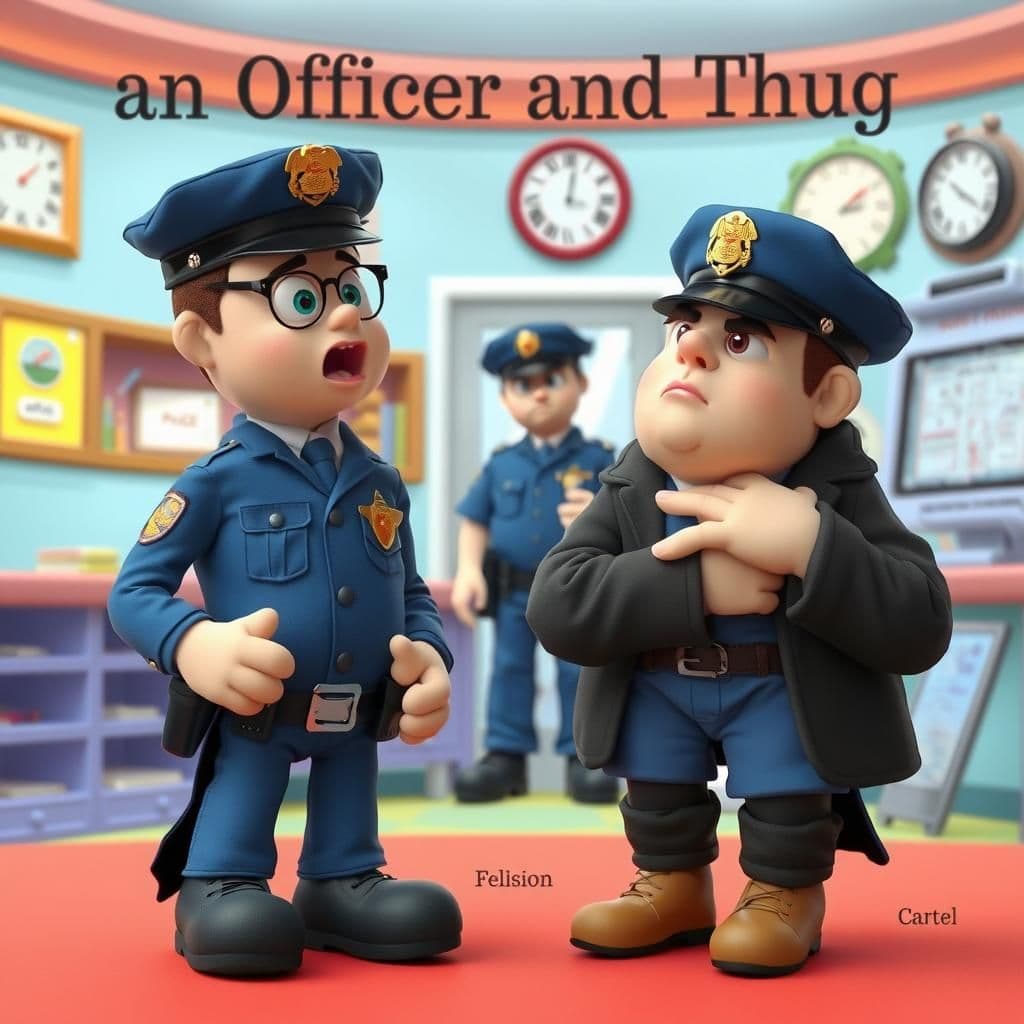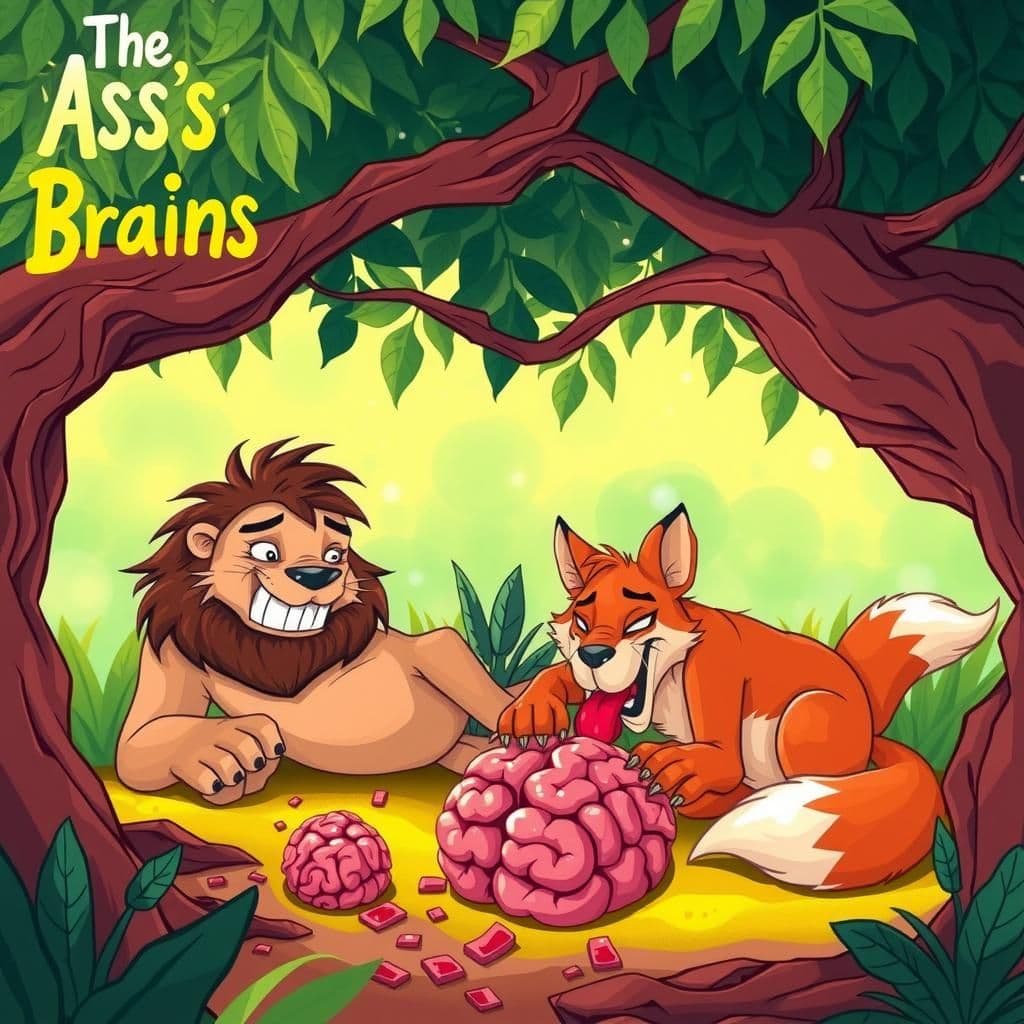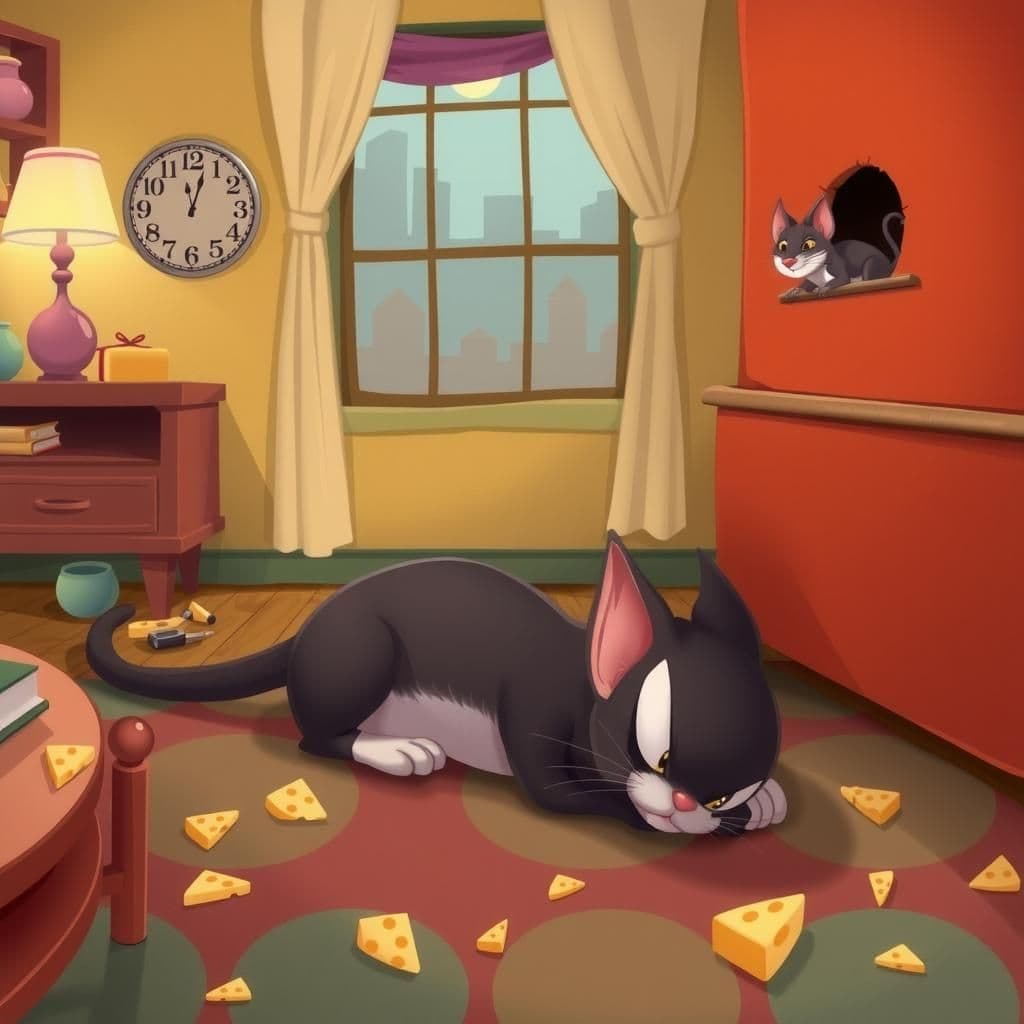An Officer and a Thug

Story Summary
In "An Officer and a Thug," a Chief of Police reprimands an Officer for beating a Thug, only to hilariously discover that both are stuffed figures. This humorous exchange, a standout among well-known moral stories, underscores the absurdity of their situation and offers a life lesson about perspective and understanding. The Chief's unintentional reveal of his own stuffed nature serves as a reminder of the importance of self-awareness in personal growth.
Click to reveal the moral of the story
The story illustrates that appearances can be deceiving, as both the officer and the thug are not what they seem, highlighting the absurdity of violence and authority in a superficial context.
Historical Context
This story is a playful allegory reflecting the absurdities within authority and law enforcement, reminiscent of the satirical elements found in works like Lewis Carroll's "Through the Looking-Glass" and the puppet-like characters of the Commedia dell'Arte tradition. It highlights themes of superficiality in power and the absurdity of violence, echoing the literary techniques of absurdism and humor prevalent in 19th-century literature. The notion of "stuffed" characters serves as a metaphor for hollow authority, suggesting that those in power may often lack genuine substance or effectiveness.
Our Editors Opinion
This story serves as a satirical reminder of the facades often present in authority figures and systems, highlighting how appearances can be deceiving and that genuine accountability is crucial for true justice. In modern life, this is reflected in situations where leaders or institutions prioritize maintaining a certain image over actual integrity and ethical conduct, such as a corporate executive who publicly champions ethical practices while overseeing questionable business operations behind the scenes.
You May Also Like

Two Footpads
In the simple short story "Two Footpads," two criminals share their misadventures while boasting about their robberies at a roadside resort. The First Footpad proudly claims to have robbed the Chief of Police, while the Second Footpad reveals a twist in his tale, admitting that he lost some of his own stolen loot when he attempted to rob the United States District Attorney. This quick read serves as a moral lesson about the unforeseen consequences of crime, reminding readers of the folly in boasting about such exploits.

The Ass's Brains
In the unique moral story "The Ass's Brains," a Lion and a Fox deceive an Ass into a meeting under the pretense of forming an alliance, leading to the Lion capturing the Ass for dinner. While the Lion naps, the cunning Fox eats the Ass's brains and cleverly justifies his actions by claiming the Ass must have been brainless for falling into the trap. This tale, often included in top 10 moral stories, teaches valuable lessons about wit and the consequences of naivety, making it a fitting narrative for moral stories for class 7.

The Cat and the Mice
In this simple moral story, a Cat enters a house overrun by Mice and captures them one by one, prompting the remaining Mice to stay hidden. To lure them out, she pretends to be dead, but one clever Mouse warns that those who have been deceived will always remain cautious. This famous moral story teaches a valuable life lesson about the importance of vigilance after being tricked.
Other names for this story
"Stuffed Justice", "The Plush Officer", "Fictional Law", "Stuffed Authority", "The Whimsical Beat", "Toy Cops and Thugs", "The Chief's Conundrum", "Humor in Uniform"
Did You Know?
This story plays with the concept of identity and reality, revealing that both the officer and the chief are metaphorically "stuffed," suggesting a critique of superficial authority and the absurdity of their roles in enforcing order.
Subscribe to Daily Stories
Get a new moral story in your inbox every day.